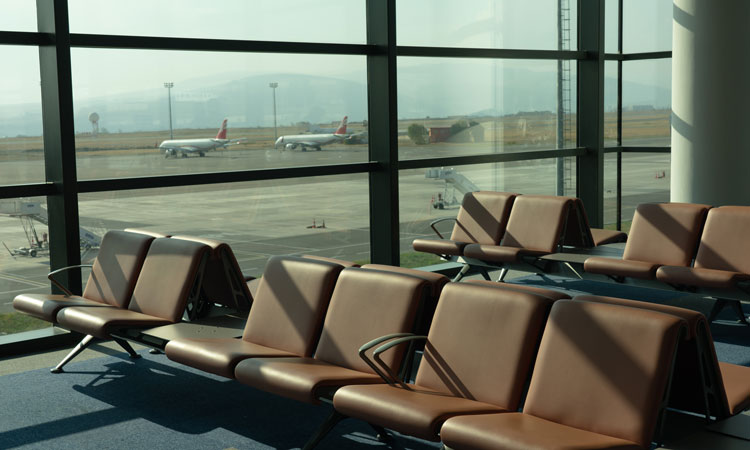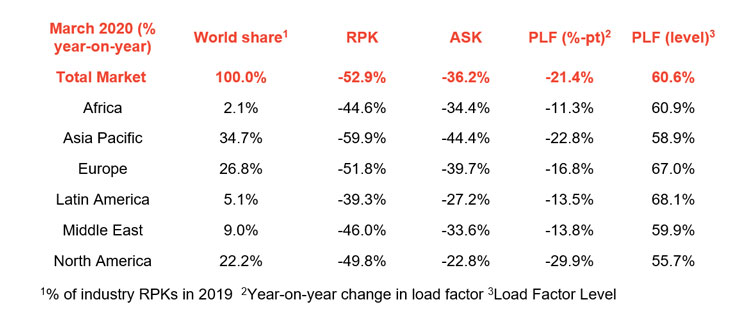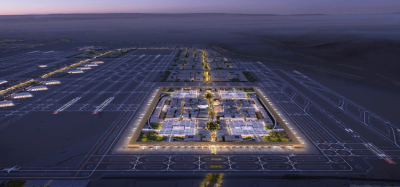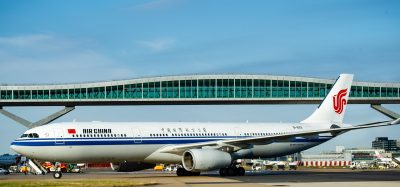COVID-19 travel restrictions continue to impact passenger demand
- Like
- Digg
- Del
- Tumblr
- VKontakte
- Buffer
- Love This
- Odnoklassniki
- Meneame
- Blogger
- Amazon
- Yahoo Mail
- Gmail
- AOL
- Newsvine
- HackerNews
- Evernote
- MySpace
- Mail.ru
- Viadeo
- Line
- Comments
- Yummly
- SMS
- Viber
- Telegram
- Subscribe
- Skype
- Facebook Messenger
- Kakao
- LiveJournal
- Yammer
- Edgar
- Fintel
- Mix
- Instapaper
- Copy Link
Posted: 29 April 2020 | International Airport Review | No comments yet
IATA reviews the passenger demand figures during the month of March, summarising the decline to be the largest in recent history.


IATA has announced the global passenger traffic results for March 2020, which illustrate how demand has declined by 52.9 per cent in comparison to the year-ago period.
This is the largest decline in recent history, reflecting the impact of government actions to slow the spread of COVID-19.
March capacity (available seat kilometres or ASKs) fell by 36.2 per cent and load factor plummeted 21.4 percentage points to 60.6 per cent.
“March was a disastrous month for aviation. Airlines progressively felt the growing impact of the COVID-19 related border closings and restrictions on mobility, including in domestic markets. Demand was at the same level it was in 2006 but we have the fleets and employees for double that. Unfortunately, we know that the situation deteriorated even more in April and most signs point to a slow recovery,” said Alexandre de Juniac, IATA’s Director General and CEO.


March international passenger demand shrank 55.8 per cent in comparison to March 2019, which is considerably worse than the 10.3 per cent year-to-year decline in February. All regions recorded double-digit percentage traffic declines: Capacity tumbled 42.8 per cent and load factor plunged 18.4 percentage points to 62.5 per cent.
Again in comparison to March 2019, demand for domestic travel shrank 47.8 per cent in March 2020, with double-digit percentage declines in all markets. This compared to a 21.3 per cent year-to-year decline in February. Capacity fell 24.5 per cent and load factor plunged 26.0 percentage points to 58.1 per cent.
“The industry is in free fall and we have not hit bottom. But there will come a time – soon, I hope –when authorities will be ready to begin easing restrictions on mobility and opening borders. It is imperative that governments work with industry now to prepare for that day. It is the only way to ensure that we have measures in place to keep passengers safe during travel and reassure governments that aviation will not be a vector in the spread of the disease. We must also avoid the confusion and complexity that followed 9/11. Global standards that are mutually accepted and operationally practicable will be mission-critical to achieving this. The only way to get there is by working together,” concluded de Juniac.
Related topics
Airport crisis management, Capacity, COVID-19, Passenger volumes, Regulation and Legislation


















